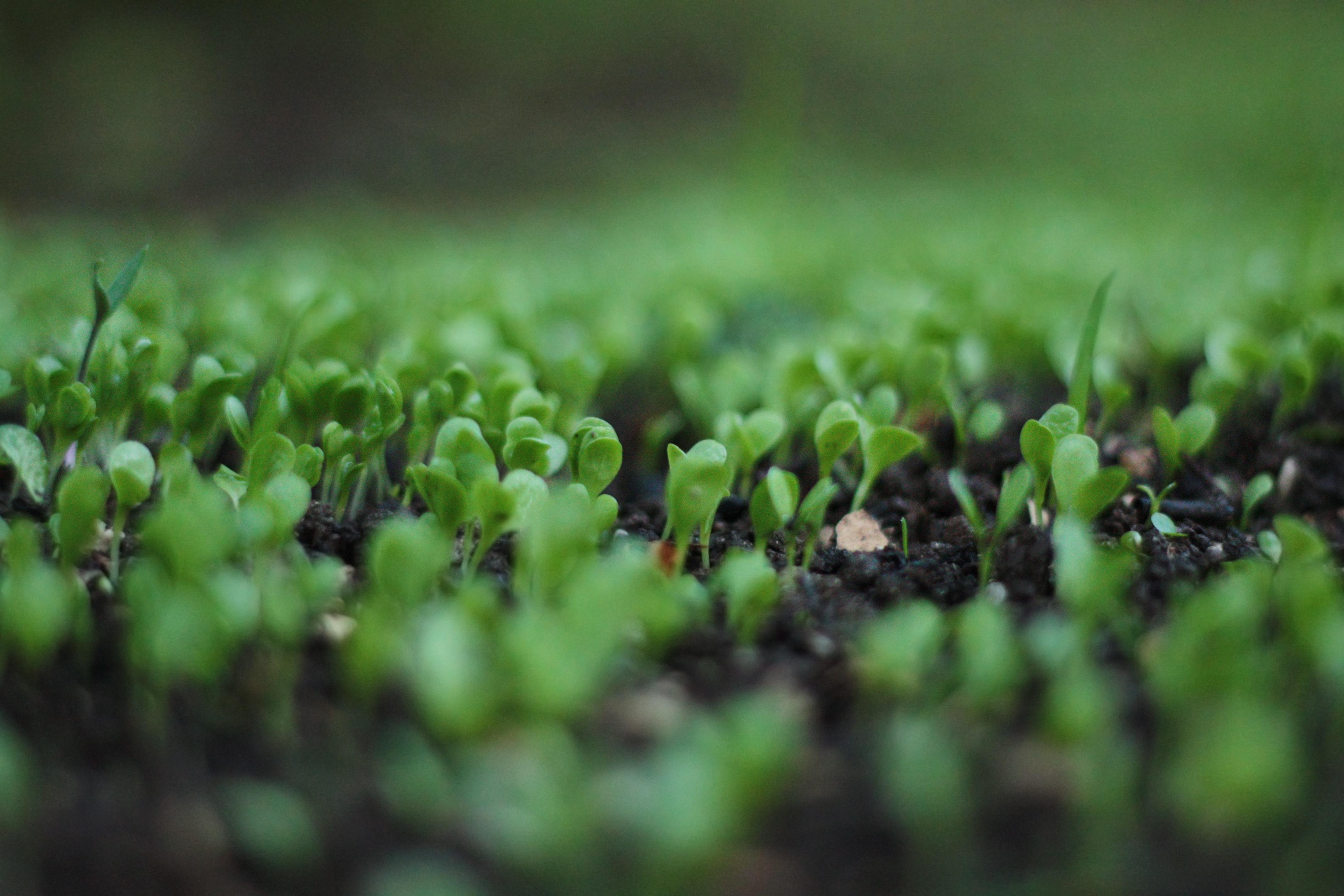More than half of consumers (56 percent) do not know the difference between organic and non-organic products in terms of production. This is according to research by Future of Food Institute, commissioned by organic trade association Bionext.
If consumers are explained what organic means, they are willing to pay more for an organic product, reports Bionext based on the research. The positive attitude towards organic products increased from 52 to 75 percent. This happened after it was explained what organic is. The study shows a correlation between 'knowing' what organic is and actually buying it. 'Consumers need to understand the added value of organic in order to pay the extra price,' Bionext states.
By far the strongest negative association with organic is the higher price, the research shows. Organic products are often more expensive, partly because no chemical plant protection products and artificial fertilizer are used. As a result, the organic method is more labor-intensive, but also, for example, because animals are given more space. This entails more costs for the organic farmer.
Increase knowledge
According to Bionext, there is "enormous scope" when it comes to increasing the knowledge of consumers. What information consumers get, also affects their attitude. The most convincing argument for choosing organic is that no chemical crop protection agents are used (43 percent). In second place is animal welfare (27 percent) and in third place no addition of artificial colors, flavors and fragrances (26 percent), the survey shows. According to Bionext director Michaël Wilde, the survey shows that there is work to be done for the organic sector. As long as we don't explain what organic means, nothing will change. We already do that, but not enough. This study confirms that we as a sector have to communicate better and more often what organic means. We will have to work as a whole chain to convince the consumer of the added value of organic', Wilde states.
Source: New Harvest
